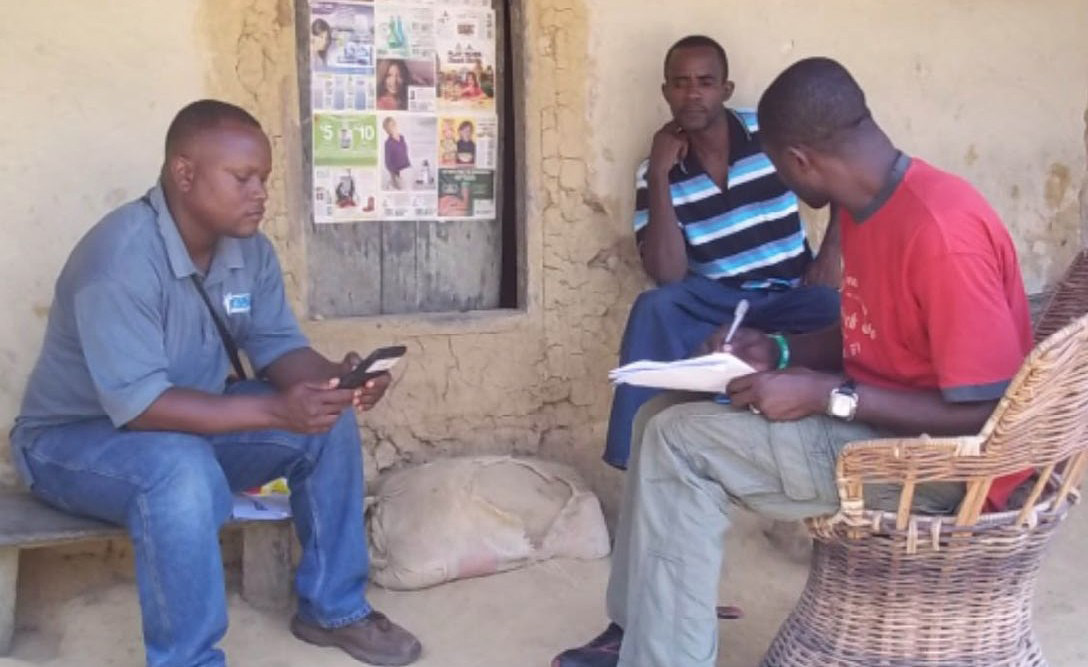International Practice

Optimal’s International Practice (IP) provides rigorous research and analysis to enhance evidence-based decision making in the international development and public policy disciplines. Optimal’s IP team consists of policy analysts, economists, statisticians, and evaluation and information technology specialists. IP projects cover a range of economic development issues, including education, public health, entrepreneurship, export promotion, agriculture, and global food security.
Our team has experience working globally in these topic areas and collaborating with culturally diverse groups, reflecting Optimal’s own diversity. The IP team includes members from broad subgroups and five continents. Moreover, altogether, IP staff are proficient in 15 languages, allowing the staff to engage with a range of community groups in demanding situations that require effective communication.
Subject Matter Expertise:
- Economic development
- Education
- Public health
- Information technology
- Agriculture
- Nutrition and food security
- Climate change
- Trade
- Entrepreneurship and energy
Technical Expertise:
- Quantitative and qualitative evaluation studies and assessments
- Econometrics
- Evaluation methodologies
- Cost-benefit and cost-effectiveness analysis
- Collecting and analyzing data
- Capacity building and training
- Implementing innovative as well as traditional evaluation processes
- Developing comprehensive and user-friendly reports
- Technical assistance
Clients:
- U.S. Agency for International Development
- U.S. Department of State
Sample Past Performances:
 Optimal was selected for the United States Agency for International Development (USAID) Learning, Evaluation, and Analysis Project (LEAP) contract to provide performance and impact evaluations, and analytical support services to the USAID Economic Growth, Education and the Environment (E3) Bureau.
Optimal was selected for the United States Agency for International Development (USAID) Learning, Evaluation, and Analysis Project (LEAP) contract to provide performance and impact evaluations, and analytical support services to the USAID Economic Growth, Education and the Environment (E3) Bureau. 
Optimal is working with USAID Missions and implementing partners to gather early grade reading data at the student level to assess improvement in reading outcomes for Goal 1 and enrollment and retention data to assess increase in equitable access to education in conflict and crisis regions for Goal 3. Optimal obtained an Authority to Operate (ATO) and is developed the integrated SART Ed system to gather secondary data collected at the student and school level from
Take a look at some of our previous work.
For more information, e-mail us at info@optimalsolutionsgroup.com.
